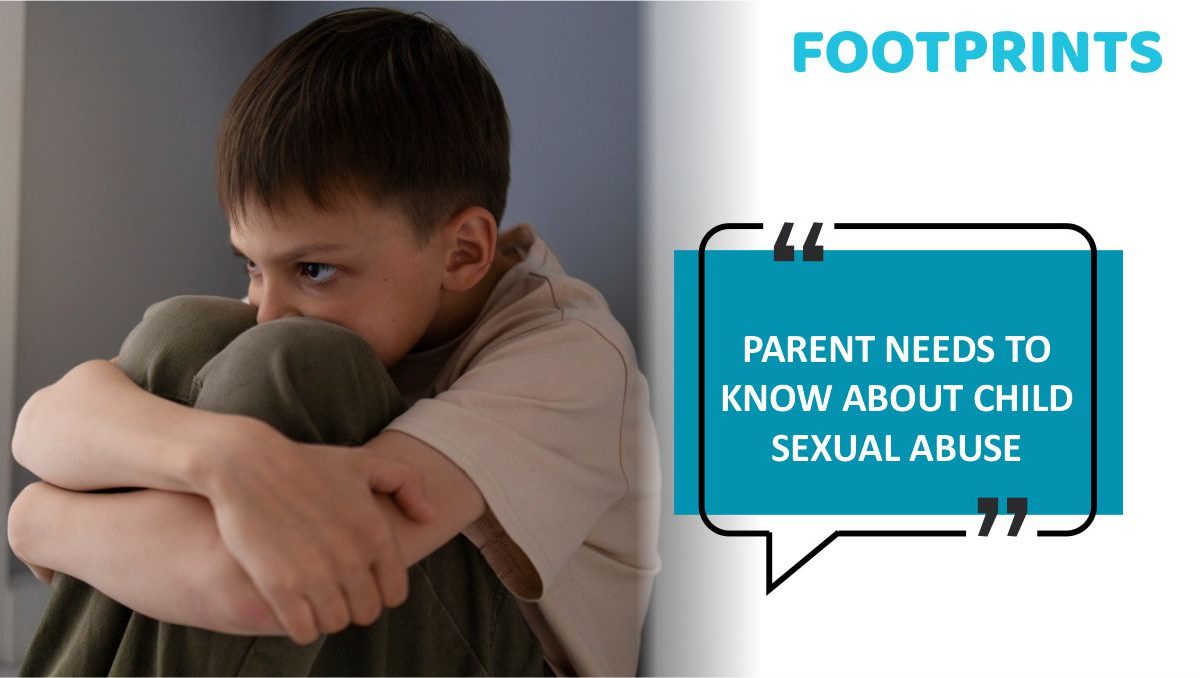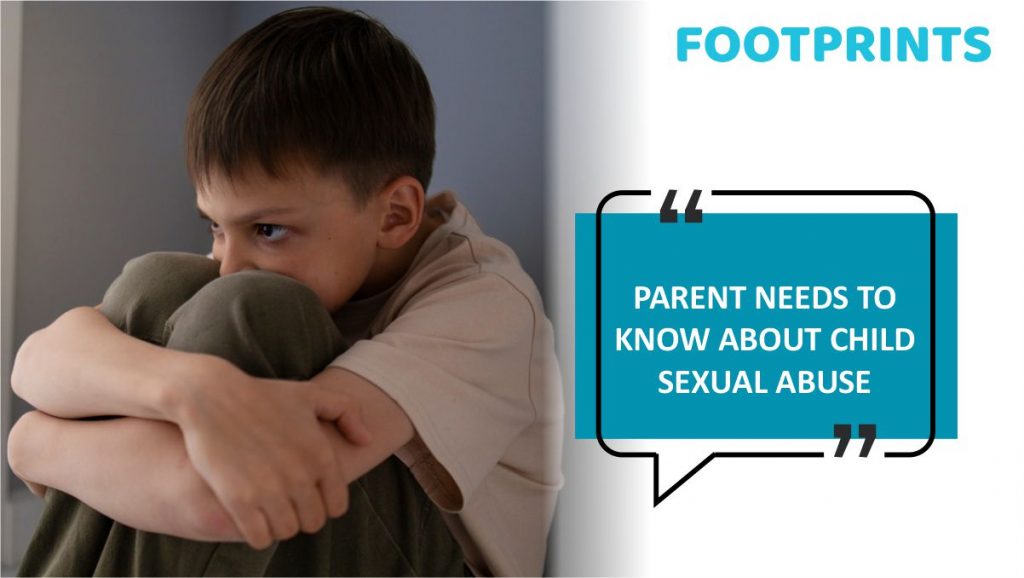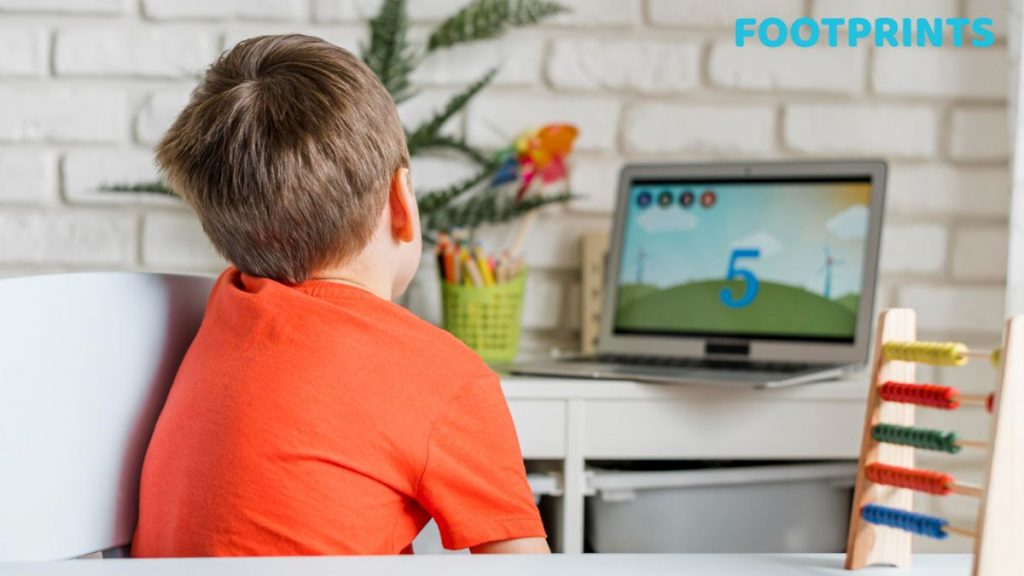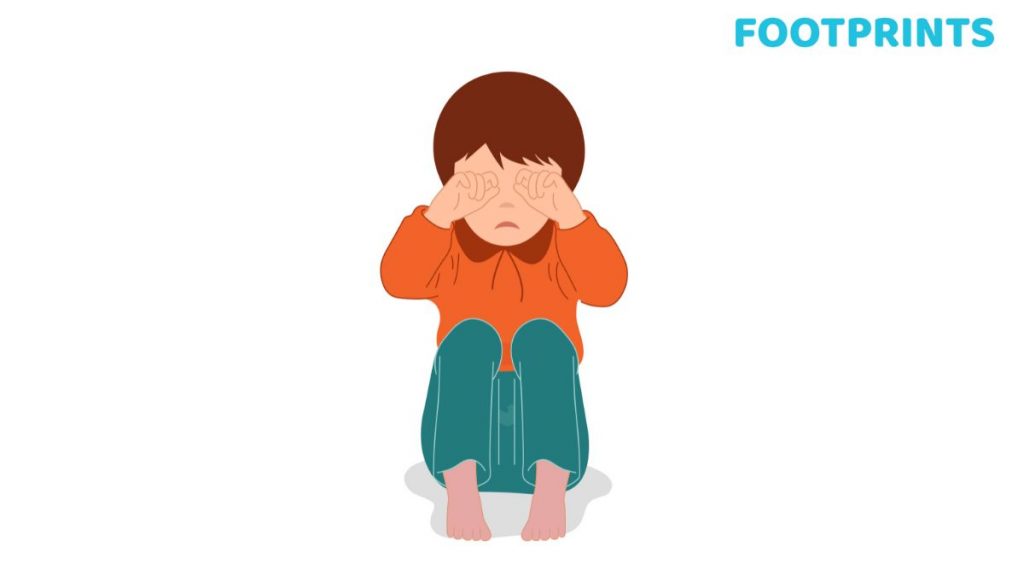

Most parents are concerned about protecting their children in an increasingly dangerous world. As with any other peril, safeguarding our children begins with understanding the risks.
NCRB data from 2020 reveals some alarming statistics when it comes to sexual violence in India. Approximately 28.9% of the entire child population in India has experienced some form of sexual crime, yet only 65.6% of these crimes were reported. An alarming statistic also goes on to reveal that one in every two children has endured sexual abuse before turning 18, worse still, predominantly at the hands of family members or individuals known to them.
That the impact of child sexual abuse is profound and long-lasting cannot be overstated enough. It impacts the survivor’s physical, emotional, psychological, and social well-being. It also leads to feelings of diminished self-worth, isolation, and more, leading to disconnection from us and others, which is a significant fallout.
Given the widespread nature of the problem and its far-reaching consequences, there are essential aspects of child sexual abuse that parents need to know about.
What is child sexual abuse?
WHO defines child sexual abuse as “the involvement of a child in sexual activity that he or she does not fully comprehend and is unable to give informed consent to, or for which the child is not developmentally prepared, or else that violates the laws or social taboos of society.”

What does the Indian law say?
The Protection of Children from Sexual Offences Act, 2012, has been drafted to address the issue of sexual offences committed against children specifically. The POCSO Act not only spells out punishments for crimes but also sets out a system for supporting victims and improving methods for catching offenders.
The law defines a child as anyone below the age of 18 years. It is essential to know that the punishments provided in the law for child sexual abuse are stringent. The offence is further considered ‘aggravated’ if it is committed by a person in a position of authority, such as a public servant or security forces member.
Punishment for Offences covered in the Act include:
- Penetrative Sexual Assault (Section3)- Not less than seven years, which may extend to imprisonment for life and a fine (Section 4).
- Aggravated Penetrative Sexual Assault (Section 5)- Not less than ten years, which may lead to imprisonment for life and fine (Section 6).
- Sexual Assault (Section 7)- Not less than three years, which may extend to five years, and fine (Section 8).
- Aggravated Sexual Assault (Section 9)- Not less than five years, which may extend to seven years, and fine (Section 10).
- Sexual Harassment of the Child (Section 11)- Three years and fine (Section 12).
- Use of Child for Pornographic Purposes (Section 13)- Five years and fine and in the event of subsequent conviction, seven years and fine (Section 14 (1)).
Notably, the law also ensures child-friendly procedures for reporting the crime, investigating it, and conducting trials. Child-friendly procedures incorporated in the Act include:
- Recording the statement at the residence of the child or place of choice.
- Evidence is to be recorded within 30 days.
- Assistance of an interpreter to be allowed.
- Assistance of a special educator in case of particular need.
- Medical examination to be conducted in front of parents or a trusted adult.
- Relief and rehabilitation of the child as soon as the complaint is made.
- The Child Welfare Committee (CWC) will be notified within 24 hours of recording the complaint.
- Intent of committing an offence to bear the possibility of punishment of up to half the punishment provided for committing the crime.
- Abetment of the offence is also considered punishable.
- Appropriate breaks during trial.
- Ensuring that the child isn’t called repeatedly to testify.
- Ensuring that there is no character assassination of the child.
It is also important to note that the burden of proof lies on the accused in cases of Child Sexual Abuse.

What we teach our children can reduce their risks of sexual abuse
Beyond knowing the provisions of the law, it is imperative to teach young children ways to keep themselves safe. Most importantly, a sense of body autonomy needs to prevail in children so that they feel in control of their bodies. Not only does this make them less susceptible to falling prey to abuse, but they are also likely to tell an adult in the unfortunate circumstances of encountering sexual abuse. Some of the things to teach young children include:
- Proper names for body parts. This will give them the signal that it is healthy to talk about all parts of the body.
- Teach them that some parts of the body are private and that nobody has the right to look at or touch them. It is also important to tell them of the exceptions to this rule- concerning doctors, for example, in case they need to ensure they are healthy.
- It is okay for the child to say no to an adult if they do not want to be hugged.
- Teach them to shout a No and run away should they encounter any bad touch.
- Children also need to be told that they need to share any such instances with a trusted adult and not agree to keep secrets with the predator.
To Sum Up
We must teach children the requisite safety measures when it comes to sexual abuse in an age-appropriate manner. In the unfortunate instance that the child does become a victim of sexual abuse, it is essential to know your rights and ensure that the perpetrator is punished for the dastardly crime. The child must be offered all the necessary support that helps them feel safe, secure, and less distressed.
Stay tuned to this space for more information. At Footprints Preschool, a pan-India chain of preschools and creches. We are committed to child safety and ensuring holistic growth for our students.
Aditya brings over ten years of expertise as a Senior Marketing Strategist. He’s an expert at developing captivating marketing tactics that regularly provide excellent outcomes. His innovative strategies have demonstrated a track record of increasing organizational reach and engagement, showcasing his extensive knowledge of the contemporary marketing landscape.

